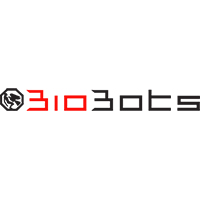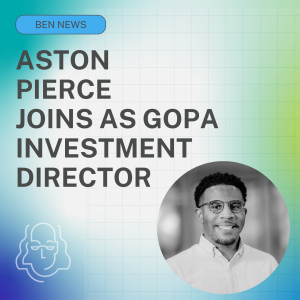Philly Startup’s Heart Is In The Right Place
Source: Philly.com
Daniel Cabrera, 22, and Ricardo Solorzano, 25, both of Center City, co-founded BioBots, a firm in Southwest Center City that has developed a toolkit to fabricate the 3-D structure of human tissue.
 BioBots is a recent graduate of DreamIt Health Philly’s 2014 accelerator. I spoke with Cabrera, the CEO.
BioBots is a recent graduate of DreamIt Health Philly’s 2014 accelerator. I spoke with Cabrera, the CEO.
Q: How did you come up with the idea for the biz?
A: There are devices that can build 3-D structures out of human tissue, but they’re big, expensive and difficult to use. So Ricardo began working on a different model in his dorm room while he was an engineering student Penn. I was a student in biology and computer science and we met up and formed BioBots.
Q: Startup money?
A: We’ve been bootstrapping but have $150,000 invested in the company, including $50,000 from DreamIt. Other investors are Ben Franklin Technology Partners, Wharton and Penn.
Q: What’s the biz do?
A: We’ve built a high-resolution, desktop bioprinter that builds functional 3-D tissue. Eventually the goal is to get these 3-D tissues implanted into people and achieve re-creation of an artificial organ.
Q: The value prop?
A: Our device builds 3-D structures out of biocompatible materials. They’re polymers, like collagen, that make up your skin and act like glue that hold cells together. Right now, we’re talking about 3-D tissues that aren’t implantable but have other uses, like creating organ models for testing compounds and drugs.
Q: The biz model?
A: We sell a 12-by-12-inch compact box for $5,000. We’ve already sold 17. We also provide a kit of inks to print high-resolution, 3-D biological structures.
Q: Your customers?
A: Right now, mainly scientific researchers at medical schools, including Penn and Drexel.
Q: Do you have competitors? What differentiates you?
A: There are other tissue-engineering devices, but to really accelerate development they must be smaller, more cost-effective to manufacture, easier to use and more accessible.
Q: How big a biz is this?
A: Three of us full-time and three part-time.
Q: What’s been the biggest challenge growing the biz?
A: We’re both engineers, so learning how a business works wasn’t instantaneous. Having access to mentors and advisers at DreamIt was helpful.
Q: What’s next?
A: We’re trying to lock down 17 to 20 sales and get feedback from buyers to help figure out BioBots 2.0. The next version is probably what we want to mass-produce and sell. We’re doing a $2.5 million seed round with $200,000 committed.



